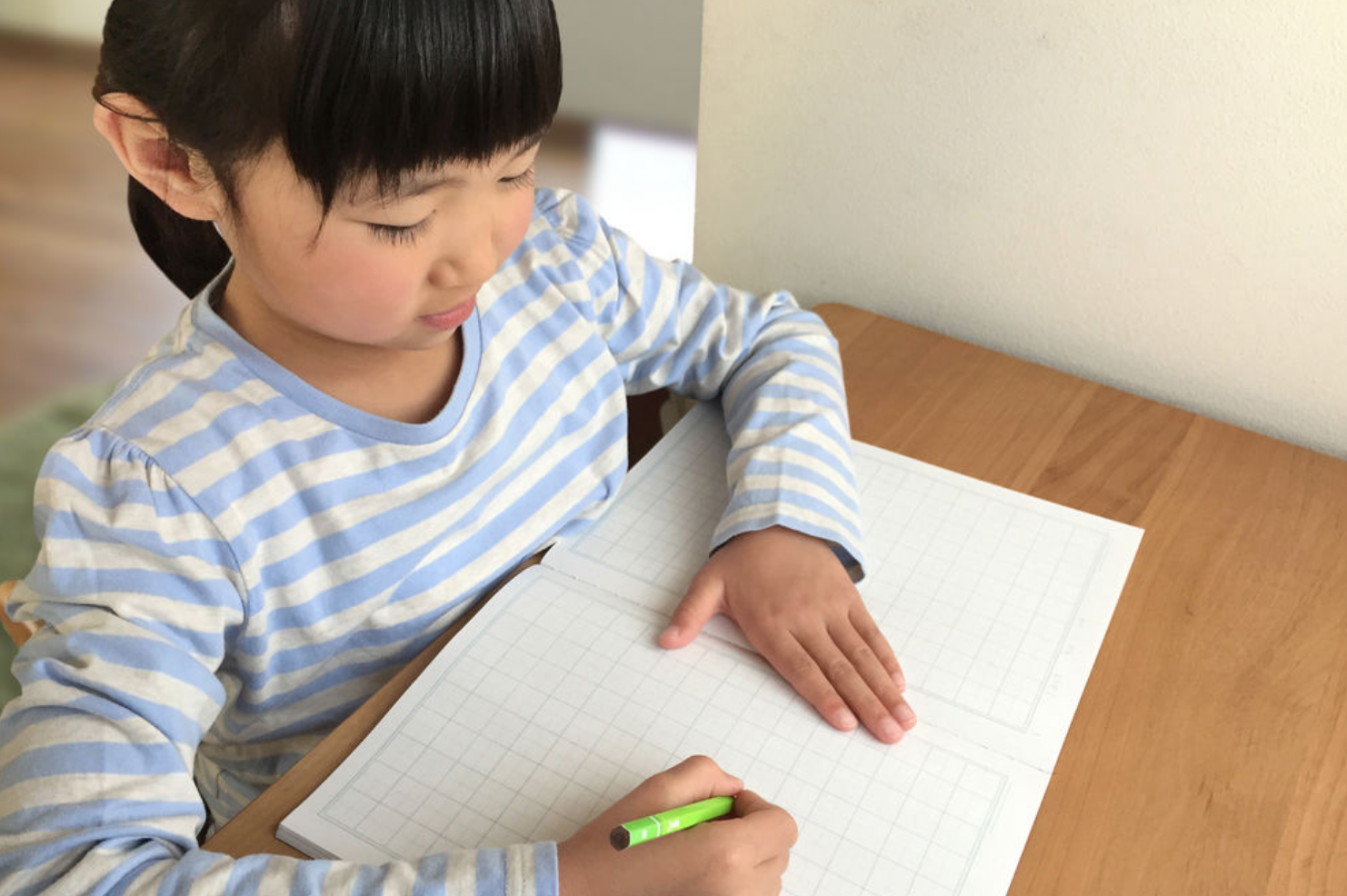
As a tutor, to be effective, you need to make sure that your student will be able to absorb as much as possible within each tuition session. Time management within each lesson is important so as to maximise productivity and not cause your session to overrun.
So, what can you do to ensure everything goes well for your sessions?
To get you started, here are some tips on how you can effectively manage time during your tutoring sessions:
Minimize outside interference
Before you begin your session, make sure that your study area with your student is cleared from all interference.
An ideal study space must be silent and free from any distractions. This will ensure that you and your student will be able to concentrate on the work at hand and finish it easily. It also gives you more time to cover topics without having to rush the session every day.
Get rid of all the gadgets (or ask the parents to turn on the child lock). Even your phone can be a distraction to your classes so turn them off or put them on silent mode.
If I need to use gadgets for my sessions, I’ll make sure that I only open the app or the video that I will use for the session.
Get parents involved in setting up a study area
If your student does not have a study area, get the parents to help you set one up.
It could be the child’s playroom, bedroom or somewhere where they can focus. The area does not have to be perfect, it just has to be an area where the child can study during your tutoring sessions.
A good example is if the study area has to be in the living room area, I will ask the parents to switch off the television and be in other areas of their house as much as possible.
As much as possible, let the parents know they are not to disturb either you or their child during the lesson. You can brief them what goes on during the session after it has ended.
This will ensure the parents know what they can do to help their children study when your sessions are over.
It also gives the parents an idea as to their child’s performance and has a conversation on how you can tailor the next session to cover the areas that need strengthening.
It will also help them schedule a revision period for their child to follow after the tutoring session.

Be certain that the student comes prepared
Before you start your session, you have to make sure that your student has everything you need to sort out the session for the day.
Set the expectation on the first lesson that your student should revise what has been taught at the previous session so they can bring forward any questions they may have.
Ask them to present their homework, reports, course syllabus and everything they used in school. This will help you stay up-to-date with their progress and customize their classes accordingly.
Of course, you have to make sure their mindset is also ready and prepared for the lessons.
A good way to do this is by getting them to tell you a part of their day before you begin so they get it out of their system.
However, remember to limit it to 5 minutes otherwise you may just get so caught up with giving life advice or hearing them rant endlessly. I create a strong bonding with my students using this method.
Review frequently during the session
Before you tackle a new subject, make it a point to review your previous session.
This ensures that you know how much the student learnt from you and how much they understood their classes and lessons. If you noticed that they forgot certain information, you can review them again.
But, make sure you don’t spend all the time of your session reviewing because you do need to cover a lot of topics in your session.
Regularly review them or even do a pop quiz so you can see how well they are studying.
Assignments should only be done outside of session
As a tutor, you should revise with your students on the wrong answers in a given assignment.
This will enable you to determine if they understood what is taught to them and if they retained key information on the topic. If they have questions about how they can complete the assignment, you can give them hints during the session.
However, don’t make your student do the assignment during your session. Time should be spent wisely revising weak areas and teaching new topics instead of getting your student doing their homework in front of you.
Try getting the parents involved in supervising their child to complete their school homework and your assignments outside of your tuition lesson.

Set reachable goals for the next session
Having a good goal for your tutoring schedule is good because it sets the tone on how the session will go. It will also give your student an idea on which areas they need to work on and how they will be able to revise with you on your next sessions.
You can discuss these goals with them before you end a session, so they can help decide on how the next sessions will go.
It does work well in helping them become confident since you respect their opinions. They might even get inspired to tell you what they want to learn more on if you ask them.
For example, some of my students will tell me that they want to go through new chapters before they are taught in class so that they can be ahead of their peers.
Set an alarm on your phone 10 minutes before a session ends
To ensure that you don’t go on overtime, set an alarm with your phone or with your watch.
The last 10 minutes is for you to round up the session, set an expectation for the next session and give new assignments.
I usually can use this time to answer any last questions my students may have. Sometimes, I will give them a short pop quiz or a question for them to ponder after the lesson.
Conclusion
To be a good tutor, you have the responsibility to ensure that each of your session will bring maximum value to your students. Overrunning your session will not only tire your students out but also lead to you taking in lesser income because you do not have the capacity to take in more students. The above tips will help you to streamline and better manage time during your sessions.
To be a better tutor, here are some more tips:
Tutor Tips: Difference Between Tutoring Primary Vs Secondary Students?
4 Major Pitfalls You Need To Avoid As A Tutor
